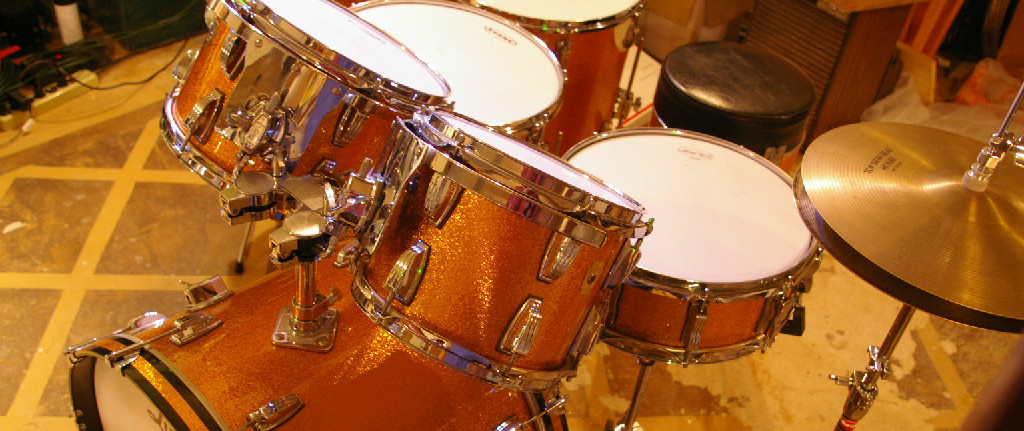Dear reader, let me explain a Chromebook. No, there is too much. Let me sum up. Chromebooks make great computers if you are willing to work within their significant limitations. If you want a full featured computer that will do everything a Windows computer or Mac will do—and not be willing to compromise or adjust how you do it—then a Chromebook is not for you.
Continue reading for the longer explanation.
Let us pretend you are looking for a new laptop. We will assume you are a “regular” computer user; you use your laptop to check email, watch some videos, do some shopping, maybe write a letter or a recipe. You know there is something called a “gaming computer,” and you know you do not need one of those. You start eyeing the Staples sale flyer and notice a laptop, a Chromebook, for $199! Yowza that’s a sweet price! Why wouldn’t you buy a $199 Google Chromebook as opposed to a $600 Windows laptop, or a $1000 Macbook Air? Well, if you are an informed consumer, and you realize what a Chromebook WILL and WON’T do, you could save yourself a bunch of cash. If you are not informed though, you may bring upon yourself a heaping helping of frustration.
We need to start by defining some terms. Google (the company, i.e. Alphabet Inc.) offers many different products. To many consumers, though, they are all referred to as Google. In addition to the company named Google, there is a search engine of the same name. There is also a web browser that is technically named Google Chrome, but many just call it “Google.” The Google Chrome web browser can also—with a couple extra features—turn into a full-fledged operating system. Windows is the operating system installed on most PCs. The Macintosh OS is installed on Apple computers. With a Google Chromebook, the Google Chrome OS installed as your operating system.
The Chrome OS offers some great advantages. One, if you are used to the look and feel of the Google Chrome web browser, that is essentially what you will be using on a Chromebook. The learning curve will be very low. Two, because Chrome OS is not as popular as Windows or Mac, virus writers don’t bother writing viruses for Chromebooks. They are virtually virus free. Three, Chromebooks are inexpensive. Good models can be had for less than $300.
There are significant differences between the Windows and Macintosh OS, though, and the Chrome OS. And if you are not prepared going in it can be very frustrating. The Google Chrome OS uses Google’s cloud-based apps. You don’t buy “programs” and then load them into your computer the way you would a Windows machine or a Mac. Want to run Photoshop*? That doesn’t work on a Chromebook. You will need to use Google Photos. Quickbooks? Nope; that won’t work. You’ll have to use the cloud-based version of Quickbooks. Microsoft Word? Nope. Instead, Google wants you to use their Google Docs app. Powerpoint? No. Google Slides is kind of like Powerpoint—but not exactly.
Don’t think I’m dumping on Chromebooks. I’m not. And for most people, if you are willing to be flexible, a Chromebook will work fine. Google Docs is a fine rudimentary word processor. Google Photos is great for organizing and storing photos—even if it is not great for hardcore photo editing. Google Sheets is a great spreadsheet program; I use it myself for minor spreadsheets. Google also owns Youtube, and Youtube Music will let you have 100,000 songs stored for free. So almost everything you can do on a laptop you can do on a Chromebook. You just have to do it the way Google wants you to do it. And, if you are willing to run a laptop where everything is stored in the cloud, a Chromebook may be a good solution. Me? I still run a cheap Macbook Air.
*Technically speaking, many software companies will make “cloud” based versions of their popular titles. Microsoft offers a web-based Office product called Microsoft 365, and that will give you the feel of the traditional Microsoft Office. Adobe offers a web-based photo editing program. Intuit offers Quickbooks Online. Using those cloud-based apps will give you the feel of the programs you have used in the past, but they are stored in the cloud, and not on your computer.
